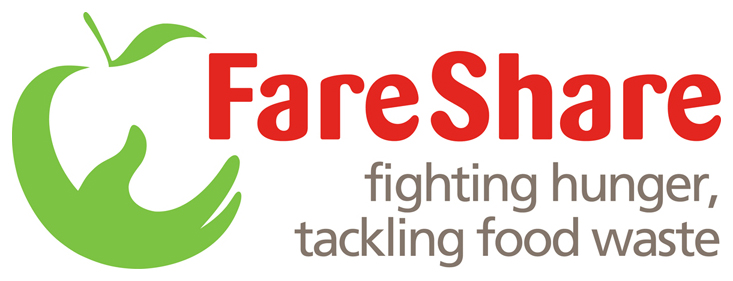- A survey of 10,000 teachers has found that 28% of teachers across England have brought in food for pupils in the last term, which is up from 26% in summer term 2023
- This is despite over a third (35%) of schools providing food support, a figure that has not changed since 2023
- However, the number of teachers in schools in the most deprived areas of the country providing food to their students has gone up by over 5% in the past year
- The survey was conducted by surplus food redistribution charity FareShare, which provides food to 2,000 charities and community breakfast, after school, and holiday clubs to children and young people
- FareShare’s manifesto Where’s The Food is calling on the Government to support food redistribution to get more food to these charities, not waste.
With the new school year just around the corner, alarming new research has revealed that more teachers than ever are being forced to personally provide food to students due to welfare concerns, reflecting a growing crisis in schools across the country.
The survey for FareShare by TeacherTapp explored how many students teachers have had to personally feed due to concerns over their welfare.
FareShare commissioned an identical survey in 2023, and the 2024 follow-up survey reveals that there are particular areas of the country which have seen a large increase in teachers bringing in food, including the North West and London.
The survey also found that 35% of teachers said their school already provides food in this situation, with this figure rising to almost half (46%) in the most deprived areas of the country.
Pam runs Nippers, a charity in Newhaven that gets food from FareShare, and provides activities and meals to children during the holidays and after school, said: “Parents have to go out to work. Therefore, their children need somewhere to come. The tendency now has been to make sure they have a meal with us, whether it’s during the holidays or after school. That's where FareShare comes in. The amount food we serve would be a big demand on a budget if we had to pay for it all. We don't spend anything on food other than what we get from FareShare, which is a massive support.”
“Families come to NIPPERS for more than just meals. With encouragement towards experimenting with new foods, we try to fill the gap so children have the opportunity to learn new skills, socialise, be creative and go out and play. It allows them to take risks, but knowing that there’s always someone there to support them. We don’t want food going into landfill. We want it to be eaten and enjoyed. We try and give the children as much as they can eat at NIPPERS and we encourage them to take some home with them for their families.”
FareShare works with the food industry to get good to eat food, that would otherwise go to waste, to a network of over 8,000 charities across the UK.
This includes 2,000 charity and community groups that provide after school, holiday, and breakfast clubs to children and young people. Many families have become reliant on these over the summer holidays.
Yet the equivalent of 10 billion meals worth of food still goes to waste across the food industry every year.
FareShare’s manifesto Where’s The Food? sets out plans that, if implemented, help get more of this food to support communities in need and foster a more sustainable food system. The manifesto also calls on the government to develop a UK-wide plan to end charitable food aid and address the economic and structural factors behind poverty.
George Wright, CEO at FareShare says: “Even with increased support from the food industry since we last held this survey, teachers across the country still find themselves stepping in to feed hungry children highlighting a growing crisis. Meanwhile, millions of tonnes of perfectly edible food continue goes to waste every year.
This food could be redistributed to organisations that provide meals and activities for children and young people year-round – supporting communities and alleviating the financial burden on families still grappling with the effects of the cost of living crisis.”
“Our teachers should be focused on educating, not filling the gaps in food provision. We need the new government to collaborate with the food redistribution sector to ensure more nutritious food reaches people in need. Our manifesto outlines the steps needed to make this a reality. With the right support to we can ensure more nutritious food reaches children and they get the nourishment they need to thrive in school and beyond.”
To support FareShare's campaign visit Fareshare.org.uk.

